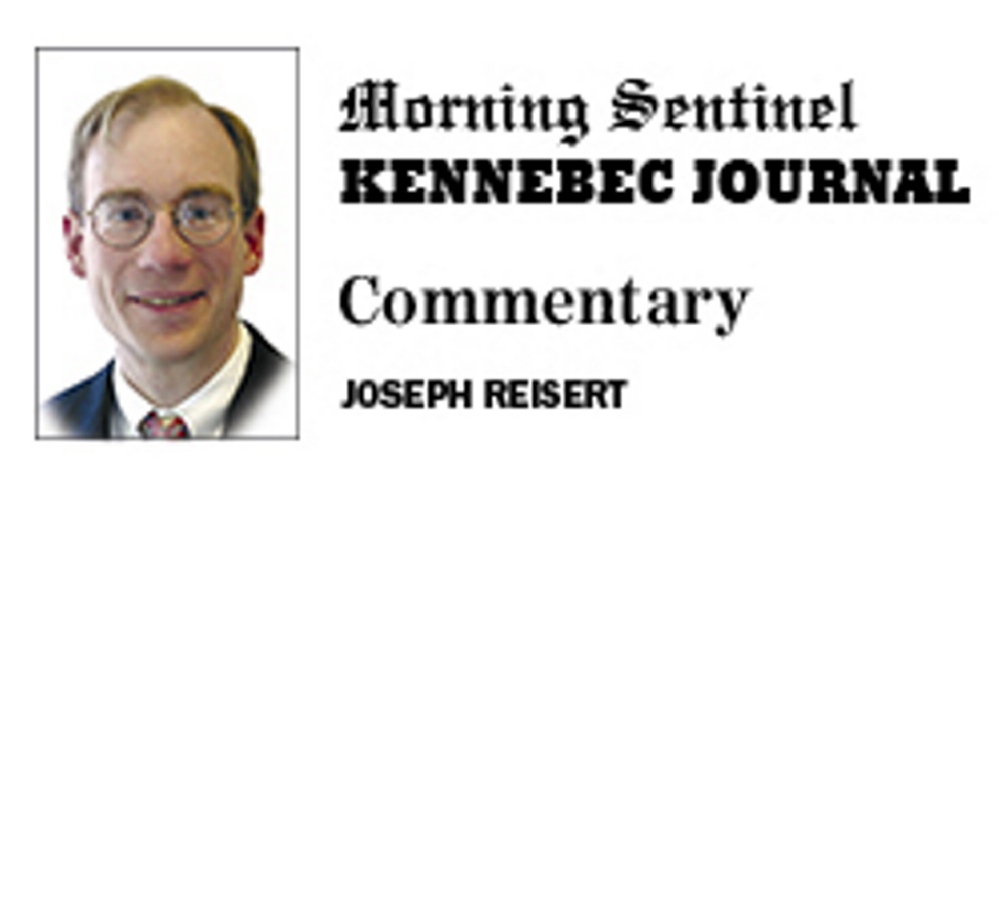Last Saturday, Jeb Bush gave the commencement address at Liberty University, a Christian institution founded by the conservative televangelist, Jerry Falwell. That same day, Michelle Obama addressed the graduates at Tuskegee University, a historically black university, founded by Booker T. Washington, the author of “Up From Slavery.”
From these two speeches, we can learn a lot about what conservative “red America” and progressive “blue America” have in common — and about what divides them.
Bush, a conservative Republican and a Roman Catholic, stood before “his people,” an audience of conservative Christians. He spoke about the meaning of the Christian faith and exhorted the graduates to be guided by their faith and to act by the light of conscience as they embarked upon their adult lives.
In the process, he also sought to address the country at large in order to persuade them of the goodness of Christianity at a time when, as he acknowledged, many see it as a “backward and oppressive force.”
Obama, a progressive Democrat and an African-American, addressed “her people,” the largely African-American graduates, their families and friends. She spoke about what it means to be black in America and exhorted the graduates to fulfill their “double duty” — to serve both the nation at large and to advance the welfare of the black community.
In so doing, she also sought to address the country at large, to teach us about the various indignities and injustices to which African-Americans today are still subject.
Bush tried hard to reach across partisan and religious divides, drawing attention to the features of Christianity that should appeal to progressives. It is not a static faith, he said, but a dynamic and even radical one: “I cannot think of any more subversive moral idea ever loosed on the world than “the last shall be first, and the first last.”
Invoking the examples of Francis, the saint, and Francis, the pope, and the Rev. Martin Luther King Jr., he reminded the larger audience that not all Christians are conservative and that some great progressive achievements have been inspired directly by the Christian faith.
He expressed dismay at what he presented as injustices directed against Christian believers and suggested two responses. He argued that religious freedom should receive the same sorts of protection it had always received in the United States until the current administration. And he urged the members of his audience to reach out to nonbelievers, reminding them that they generally will find “the same good instincts, fair-mindedness and easygoing spirit among Americans of every type,” specifically including “the many who belong to no church at all.”
Obama’s speech highlighted obstacles that African-Americans have faced and successfully overcome, presumably to inspire the Tuskegee graduates to do the same. She began with the Tuskegee Airmen, who, though highly educated, were treated as if they were ignorant and who, though they were heroes in the air, were treated “like they were nobody” on the ground.
She invoked the example of Booker T. Washington, who found a way to build needed campus buildings when the school had no money to fund the project: He “pawned his pocket watch to buy a kiln, and students used their bare hands to make bricks” to build them. She spoke, too, about George Washington Carver, the great scientist who persevered in his research though he had to undertake his early experiments using cups and bottles scavenged from the trash.
Unlike Bush, she spoke extensively about herself, relating indignities and slights she had endured, including being caricatured as a machine-gun wielding terrorist on the cover of the left-leaning New Yorker magazine — a depiction that evidently still rankles her. And she warned the graduates to expect similar indignities from “the world.”
In sharp contrast to Bush, Obama warned her audience to anticipate the worst in their interactions with others: “They will make assumptions about you” and “no matter how far you rise in life … for or some folks, it will never be enough.”
She concluded, however, by exhorting her audience to discover the freedom that comes of having “faith in God’s plan for you,” and from refusing to be defined by the way others view them — advice akin to that Bush gave in his address, which may suggest that red and blue America are closer in spirit than we often recognize.
But the depth of Obama’s ongoing anger suggests that it is difficult advice to heed, even when you have made it all the way to the White House.
Joseph R. Reisert is associate professor of American constitutional law and chairman of the department of government at Colby College in Waterville.
Send questions/comments to the editors.



Success. Please wait for the page to reload. If the page does not reload within 5 seconds, please refresh the page.
Enter your email and password to access comments.
Hi, to comment on stories you must . This profile is in addition to your subscription and website login.
Already have a commenting profile? .
Invalid username/password.
Please check your email to confirm and complete your registration.
Only subscribers are eligible to post comments. Please subscribe or login first for digital access. Here’s why.
Use the form below to reset your password. When you've submitted your account email, we will send an email with a reset code.